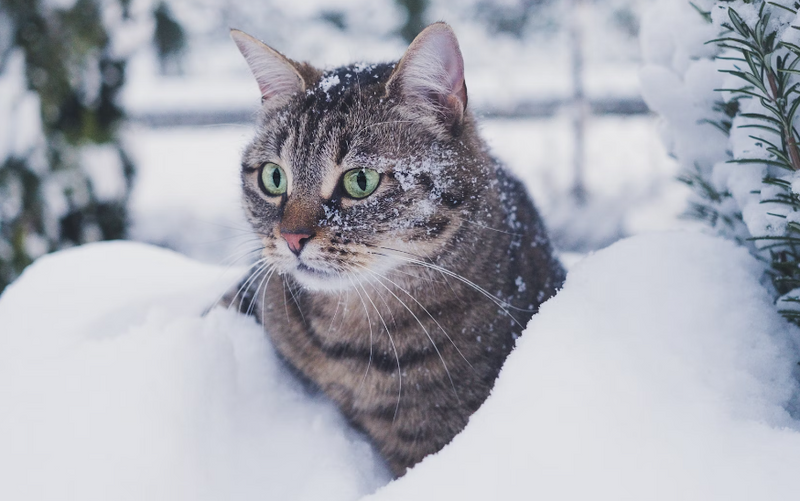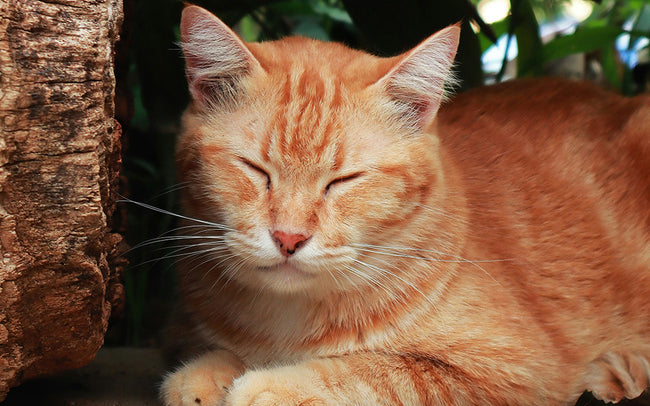|
As temperatures drop, it’s essential to make adjustments to keep your cat comfortable and healthy during the winter months. From providing cozy spaces to adjusting their diet, there are many ways to support your cat through the colder season. Here’s a guide to preparing your cat for winter, ensuring they stay warm, hydrated, and safe. |
1. Create Cozy Resting Spots
Cats love warmth, so give them soft, insulated resting areas. Beds near safe heating sources or sunny windows can be ideal, as can adding cozy blankets. Consider heated cat beds or pads, especially for older cats or those with joint issues.
2. Manage Winter Shedding and Grooming
While some cats develop a thicker coat in winter, they still shed, especially with indoor heating. Regular brushing helps reduce hairballs and keeps their coat healthy. It’s also a good time to check for any skin dryness, which can happen due to indoor heating.
3. Adjust Their Diet for Cooler Weather
Some cats may need more calories in winter to maintain their body temperature, particularly if they are more active. Consult your vet before making dietary changes. Also, provide more protein-rich meals to support their energy levels during the colder months.
4. Keep an Eye on Hydration
Indoor heating can lead to mild dehydration. Ensure fresh water is always available, as cats may drink less in winter. A water fountain can encourage hydration by keeping water moving and appealing.
5. Increase Indoor Playtime
Cats may be less inclined to stay active in winter. Increase indoor play to keep them physically fit and mentally stimulated. Interactive toys, puzzle feeders, and climbing structures can help keep their energy up.
6. Protect Against Drafts and Cold Floors
Keep your cat’s resting areas away from drafts, and if you have tile or hardwood floors, consider placing rugs or mats to protect their paws from the chill.
7. Check Their Paws and Skin
Cold weather can dry out a cat’s skin. Monitor for any signs of cracking or roughness, especially on their paws. If you notice dry patches, consult your vet about safe moisturizing solutions.
8. Be Cautious with Winter Hazards
Common winter products like antifreeze are toxic to cats, so store them securely. Avoid scented candles or potpourri that can irritate sensitive cat noses, and be mindful of holiday plants like poinsettias, which can be harmful if ingested.
Conclusion
Preparing your cat for winter involves creating a warm, safe, and stimulating environment to help them thrive through the colder months. With cozy spaces, regular hydration, and a bit of extra attention, you can keep your cat healthy and comfortable until spring arrives.
Sources
PetMD: Winter Health Tips for Cats
ASPCA: Cold Weather Safety Tips for Cats
The Spruce Pets: Caring for Cats in Winter
Hill’s Pet: How to Keep Your Cat Safe in Cold Weather




